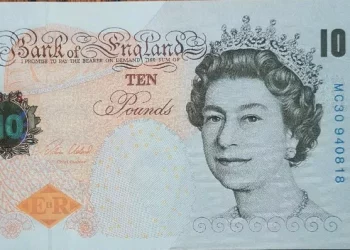The USD/CAD pair has reversed a dip from the Asian session, currently trading just above the 1.3700 level, nearing its highest point since August 16. However, the intraday rise lacks strong bullish momentum, influenced by recovering crude oil prices that typically bolster the commodity-linked Canadian Dollar (CAD) ahead of critical U.S. consumer inflation data.
Investor concerns about escalating tensions between Israel and Iran, particularly following Israeli Defence Minister Yoav Gallant’s remarks about a potential strike, have heightened worries about supply disruptions from the Middle East. This, coupled with increased fuel demand due to a major storm in Florida, has contributed to a bounce in crude oil prices from a one-week low, offering some support to the CAD. However, expectations of a larger interest rate cut from the Bank of Canada (BoC) are capping potential gains.
The U.S. Dollar Index (DXY), which measures the Greenback against a basket of currencies, reached a fresh eight-week high as traders discounted the likelihood of another Fed interest rate cut in November. Recent U.S. macro data indicating a resilient labor market has led investors to reassess expectations for aggressive policy easing. The minutes from the September FOMC meeting confirmed that the recent substantial rate cut does not imply a fixed pace for future cuts, keeping U.S. Treasury yields and the dollar elevated, which in turn supports the USD/CAD pair.
Traders remain cautious, preferring to await further clarity on the Fed’s rate-cut trajectory before committing to new bullish USD positions. The upcoming release of the U.S. Consumer Price Index (CPI) today, followed by the Producer Price Index (PPI) on Friday, will be closely monitored, alongside Canadian employment data, to gauge the near-term direction for the USD/CAD pair.
Related Topics:


























